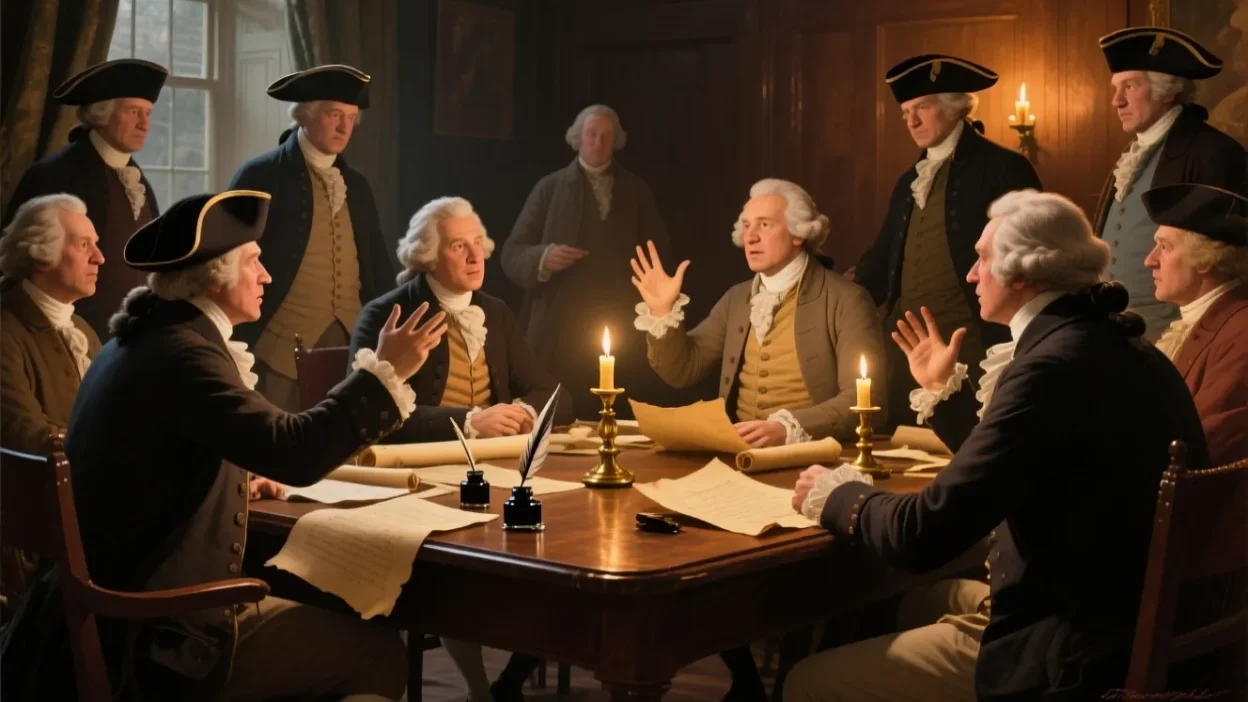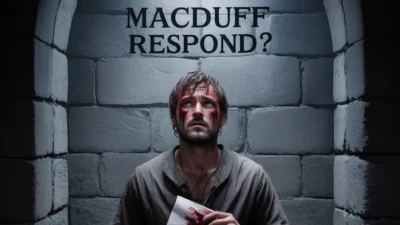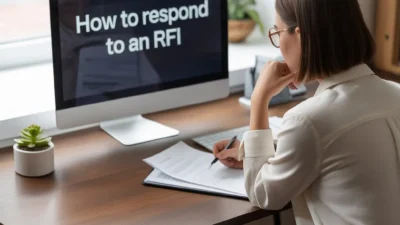Understanding history often begins with the right questions, and the French Revolution sparked some of the biggest debates in early America.
Politicians in the United States found themselves torn between supporting democratic ideals abroad and protecting a fragile new nation at home.
Instead of asking the same question over and over, why not explore hundreds of different ways to phrase it?
In this guide, you’ll discover 155+ fresh, simple, and creative ways to ask how U.S. politicians debated the French Revolution.
Different Questions About Political Reactions
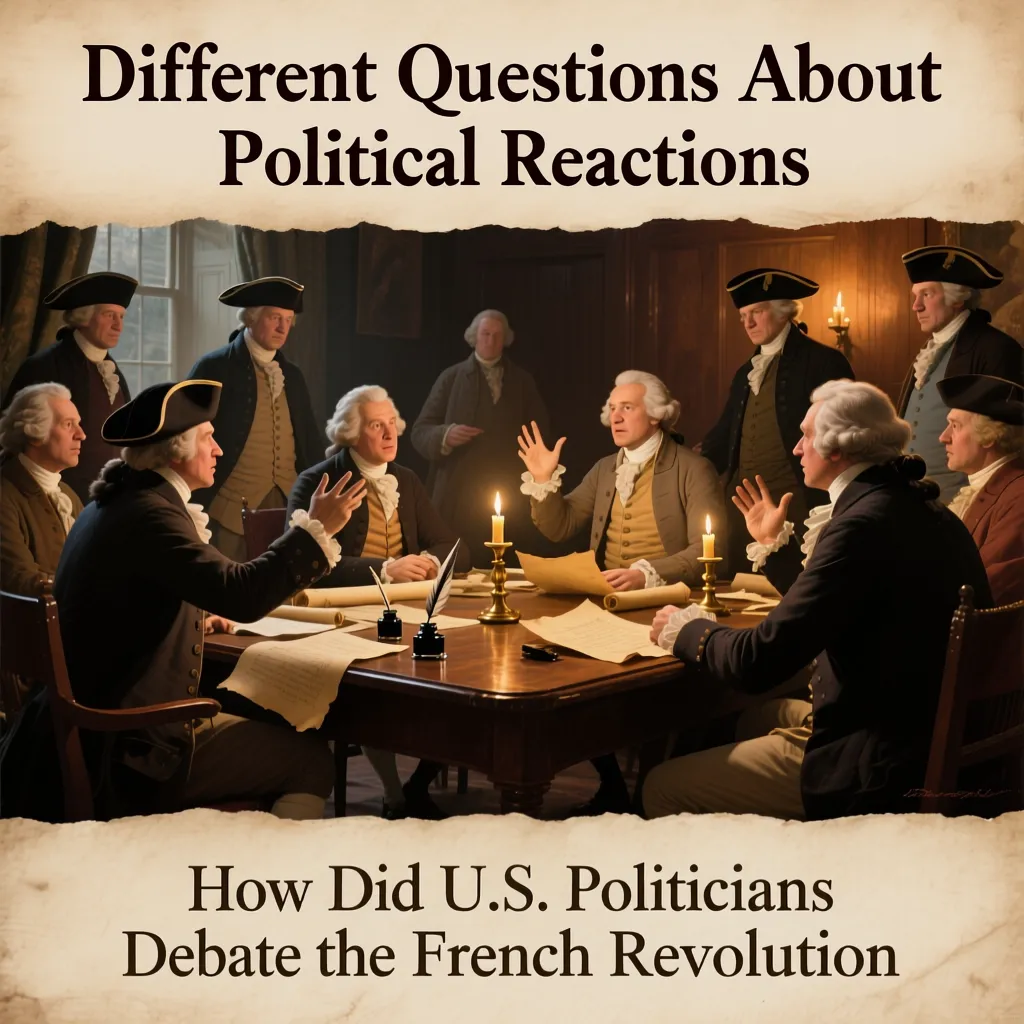
- How did leaders in America react to the French Revolution
- What was the political response in the United States to the French Revolution
- How did American politicians take the events in France
- What reaction did U.S. lawmakers have toward the French Revolution
- How did American leaders feel about the French Revolution
- What did American politicians say about the French Revolution
- How did government leaders in the U.S. respond to the French Revolution
- What was the attitude of American politicians toward the French Revolution
- How did members of Congress react to the French Revolution
- How did American politicians deal with the French Revolution
- What stance did U.S. leaders take on the French Revolution
- How did political figures in America respond to the French Revolution
- What actions did U.S. politicians take regarding the French Revolution
- How did American statesmen react to the French Revolution
- What was the U.S. political opinion on the French Revolution
- How did Washington-era politicians respond to the French Revolution
- How did early American leaders treat the French Revolution
- What political moves were made by Americans in response to the French Revolution
- How did American lawmakers respond to the French Revolution
- How was the French Revolution received by U.S. political leaders
Asking About Opinions
- What opinions did American leaders have on the French Revolution
- How did U.S. politicians view the French Revolution
- What did lawmakers in America think of the French Revolution
- What opinions were shared by U.S. politicians about the French Revolution
- How did the American political class see the French Revolution
- What were the views of American politicians on the French Revolution
- How did leaders in America interpret the French Revolution
- What mindset did U.S. politicians bring to the French Revolution
- How did U.S. politicians talk about the French Revolution
- What judgments did American politicians make about the French Revolution
- How did American statesmen discuss the French Revolution
- How did U.S. leaders describe the French Revolution
- What political impressions did Americans have of the French Revolution
- How did politicians in the U.S. assess the French Revolution
- What did American politicians believe about the French Revolution
- How was the French Revolution judged by American politicians
- What was the political climate in the U.S. toward the French Revolution
- How did American thinkers in politics explain the French Revolution
- What analysis did U.S. leaders give of the French Revolution
- How did U.S. politicians sum up the French Revolution
Talking About Actions
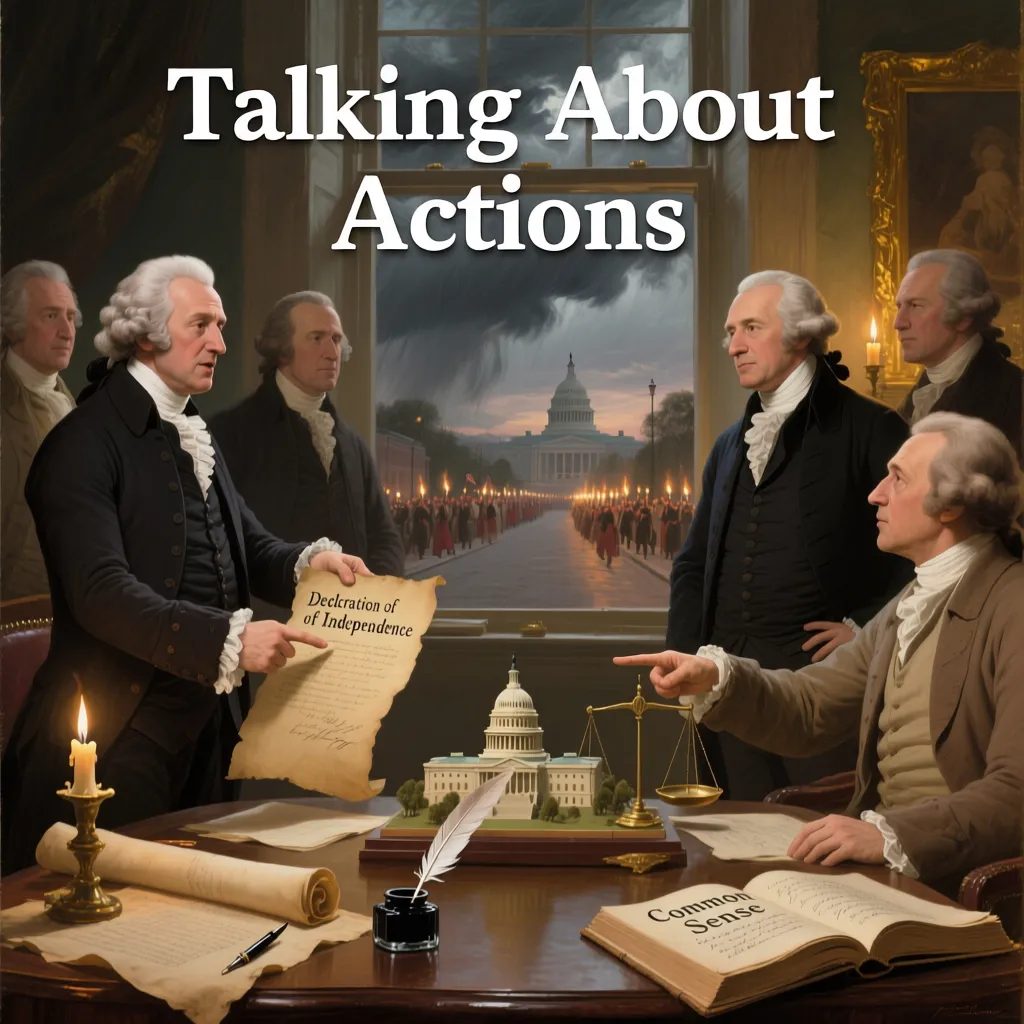
- What actions did American leaders take about the French Revolution
- How did U.S. politicians act in response to the French Revolution
- What political steps were taken by America during the French Revolution
- How did American lawmakers react in practice to the French Revolution
- What moves did politicians in the U.S. make on the French Revolution
- How did U.S. statesmen respond with actions to the French Revolution
- What policies came from the French Revolution in the U.S.
- How did American leaders shape policy toward the French Revolution
- What decisions did U.S. politicians make about the French Revolution
- How did American politicians handle the French Revolution in policy
- What political choices did America make in response to the French Revolution
- How did American leaders manage relations during the French Revolution
- What government measures did U.S. leaders take on the French Revolution
- How did Washington and others act toward the French Revolution
- What official steps did American politicians take with the French Revolution
- How did political leaders in America address the French Revolution
- What course of action did U.S. politicians choose for the French Revolution
- How did U.S. politics react with measures to the French Revolution
- What strategies did American leaders follow during the French Revolution
- How did America respond through policy to the French Revolution
Exploring Diplomatic Angles
- How did American leaders handle France diplomatically during the Revolution
- What diplomatic response did U.S. politicians make to the French Revolution
- How did American politics shape relations with France in that period
- What was the U.S. diplomatic stance during the French Revolution
- How did U.S. politicians guide foreign policy with France’s Revolution
- What diplomatic steps did America take about the French Revolution
- How did American leaders talk to France during the Revolution
- How did U.S. politicians deal with French envoys during the Revolution
- What international stance did America take on the French Revolution
- How did U.S. politics influence ties with France in the Revolution
- What foreign policy actions were taken by Americans during the Revolution
- How did U.S. leaders set policy toward Revolutionary France
- What was the American diplomatic reaction to the French Revolution
- How did politicians in the U.S. frame relations with France’s Revolution
- What diplomatic measures did American leaders make with the French Revolution
- How did U.S. leaders shape international ties in response to the French Revolution
- What stance did U.S. diplomacy take on the French Revolution
- How did American politicians work with France while it was in Revolution
- What was America’s foreign policy response to the French Revolution
- How did the United States respond diplomatically to the French Revolution
Highlighting Divisions
- How were American politicians divided over the French Revolution
- What political splits appeared in America about the French Revolution
- How did Federalists and Republicans respond differently to the French Revolution
- What disagreements did U.S. politicians have over the French Revolution
- How did American leaders argue about the French Revolution
- What political clashes came from the French Revolution in America
- How did parties in the U.S. respond to the French Revolution
- What divisions showed among U.S. politicians during the French Revolution
- How did American politics split over the French Revolution
- What party positions developed around the French Revolution
- How did different leaders in America respond to the French Revolution
- What debates happened in Congress over the French Revolution
- How did American parties react to the French Revolution
- What lines were drawn in U.S. politics about the French Revolution
- How did the French Revolution shape party disputes in America
- What conflict grew among politicians about the French Revolution
- How did Jefferson and Hamilton differ on the French Revolution
- What rivalries grew in U.S. politics over the French Revolution
- How did American political factions handle the French Revolution
- What disagreements marked U.S. responses to the French Revolution
Framing Historical Perspective
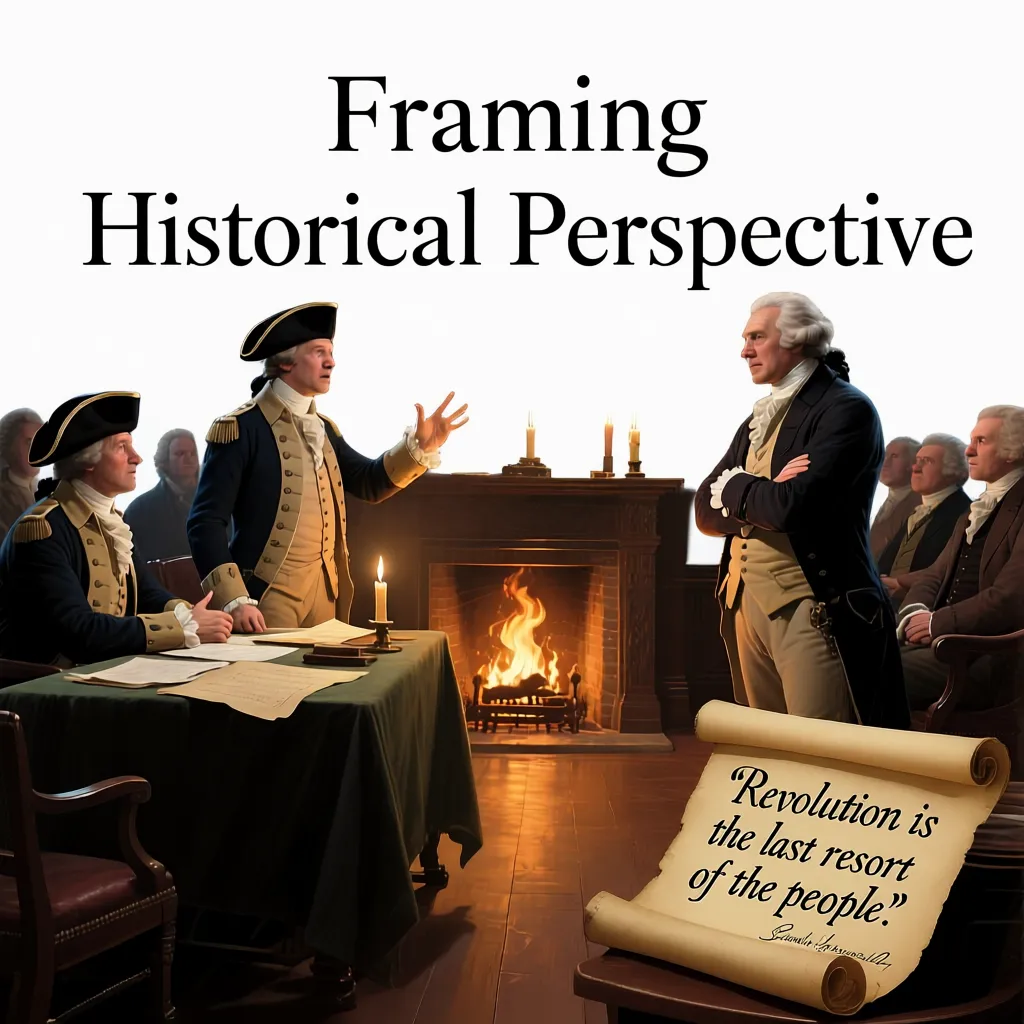
- How did the Founding Fathers respond to the French Revolution
- What was early America’s political view of the French Revolution
- How did leaders of the 1790s in America react to the French Revolution
- What was the political response in George Washington’s era to the French Revolution
- How did U.S. politics in the 18th century react to the French Revolution
- What was the American stance in the first years of the French Revolution
- How did leaders of the young republic treat the French Revolution
- How was the French Revolution seen by U.S. leaders in history
- What was the historic U.S. political reaction to the French Revolution
- How did the earliest American parties respond to the French Revolution
- What did America’s first leaders say about the French Revolution
- How did politicians of the new nation handle the French Revolution
- What was the U.S. founding generation’s view on the French Revolution
- How did Washington’s government respond to the French Revolution
- What early political steps were taken in America about the French Revolution
- How did history record America’s reaction to the French Revolution
- What was the official stance of early U.S. politics on the French Revolution
- How did U.S. leaders of the 1790s respond to the French Revolution
- What legacy did the French Revolution leave in U.S. politics
- How did America’s first generation of leaders respond to the French Revolution
Using Everyday Language
- How did American politicians take the French Revolution
- What was America’s take on the French Revolution
- How did leaders in the U.S. handle France’s Revolution
- What did American politicians make of the French Revolution
- How did politics in America deal with the French Revolution
- What was the U.S. political reaction when France had its Revolution
- How did U.S. politicians feel about the French Revolution
- What did American leaders do about the French Revolution
- How did U.S. lawmakers treat the French Revolution
- What was the American political response to France’s Revolution
- How did U.S. leaders react when France changed its system
- What was the American take on France’s Revolution
- How did politicians in the U.S. handle Revolutionary France
- What did U.S. politics say about the French Revolution
- How did American leaders respond when France rose in Revolution
- What was the political feeling in America toward the French Revolution
- How did U.S. statesmen take the news of the French Revolution
- How did America’s government leaders treat the French Revolution
- What did American politics do in light of the French Revolution
- How did U.S. leaders face the French Revolution
Exploring Public Debate
- How did public opinion in America shape politicians’ response to the French Revolution
- What debates in newspapers influenced political reactions to the French Revolution
- How did American politicians echo public voices on the French Revolution
- What role did citizens play in shaping political response to the French Revolution
- How did public opinion pressure politicians on the French Revolution
- What did American people expect politicians to do about the French Revolution
- How did political leaders in the U.S. balance public debate over the French Revolution
- What influence did public rallies have on American political response to the French Revolution
- How did public divisions affect American politicians on the French Revolution
- What did voters think about the French Revolution
- How did politicians use public opinion in shaping response to the French Revolution
- What role did the press play in U.S. reactions to the French Revolution
- How did American citizens sway political leaders on the French Revolution
- What debates outside government influenced U.S. politics on the French Revolution
- How did leaders balance popular and elite opinion on the French Revolution
- What public movements shaped America’s stance on the French Revolution
- How did everyday Americans affect political debates on the French Revolution
- What influence did public letters and pamphlets have on leaders
- How did town meetings shape political responses to the French Revolution
- What was the role of public debate in U.S. responses to the French Revolution
Exploring Neutrality and Policy
- How did American leaders frame neutrality during the French Revolution
- What role did neutrality play in U.S. response to the French Revolution
- How did Washington declare neutrality about the French Revolution
- What was the American policy of neutrality toward the French Revolution
- How did the U.S. stay out of conflict during the French Revolution
- What did leaders mean by neutrality in the French Revolution
- How did U.S. policy keep America out of the Revolution’s wars
- What was the Neutrality Proclamation in response to the French Revolution
- How did American leaders balance neutrality and support for France
- What steps kept the U.S. neutral during the French Revolution
- How did neutrality shape American politics in that period
- What did neutrality mean for America and the French Revolution
- How did Washington’s neutrality affect ties with France
- What policy of neutrality did America adopt in the French Revolution
- How did politicians defend neutrality during the French Revolution
- What debates happened over neutrality in U.S. politics
- How did neutrality shape America’s actions in the 1790s
- What role did neutrality play in shaping parties in America
- How did neutrality influence America’s response to the French Revolution
- How did leaders in the U.S. keep neutrality during the French Revolution
Conclusion:
History is full of questions, and sometimes the way we ask them shapes how we understand the answers.
The French Revolution was more than a distant event; it was a spark that forced U.S. politicians to argue, decide, and define what America stood for.
With these 155+different ways to phrase the same idea, you now have a toolbox of language that makes history easier to explore and explain.
Whether you’re writing, studying, or simply curious, these variations help keep the conversation fresh, clear, and engaging.
